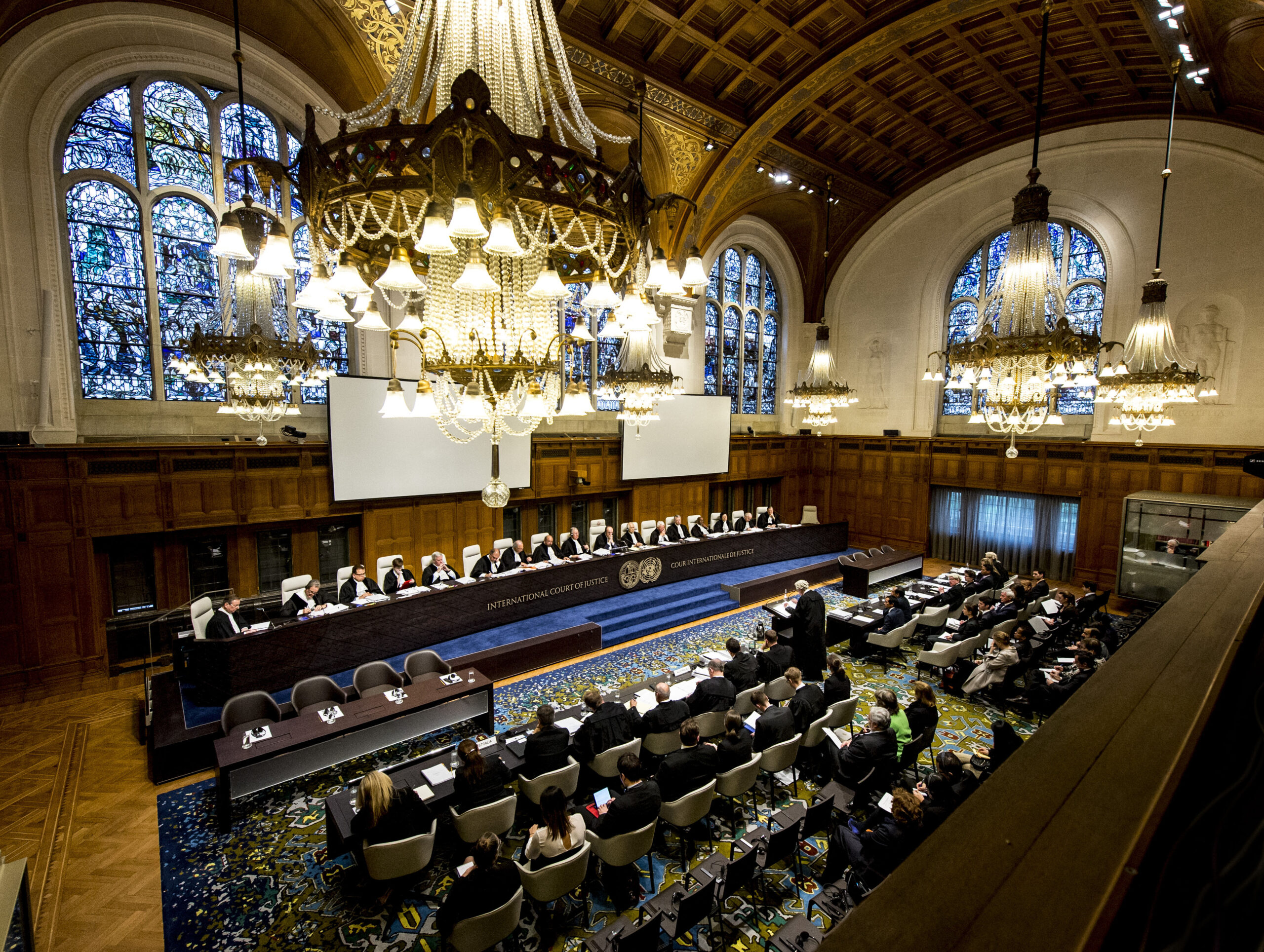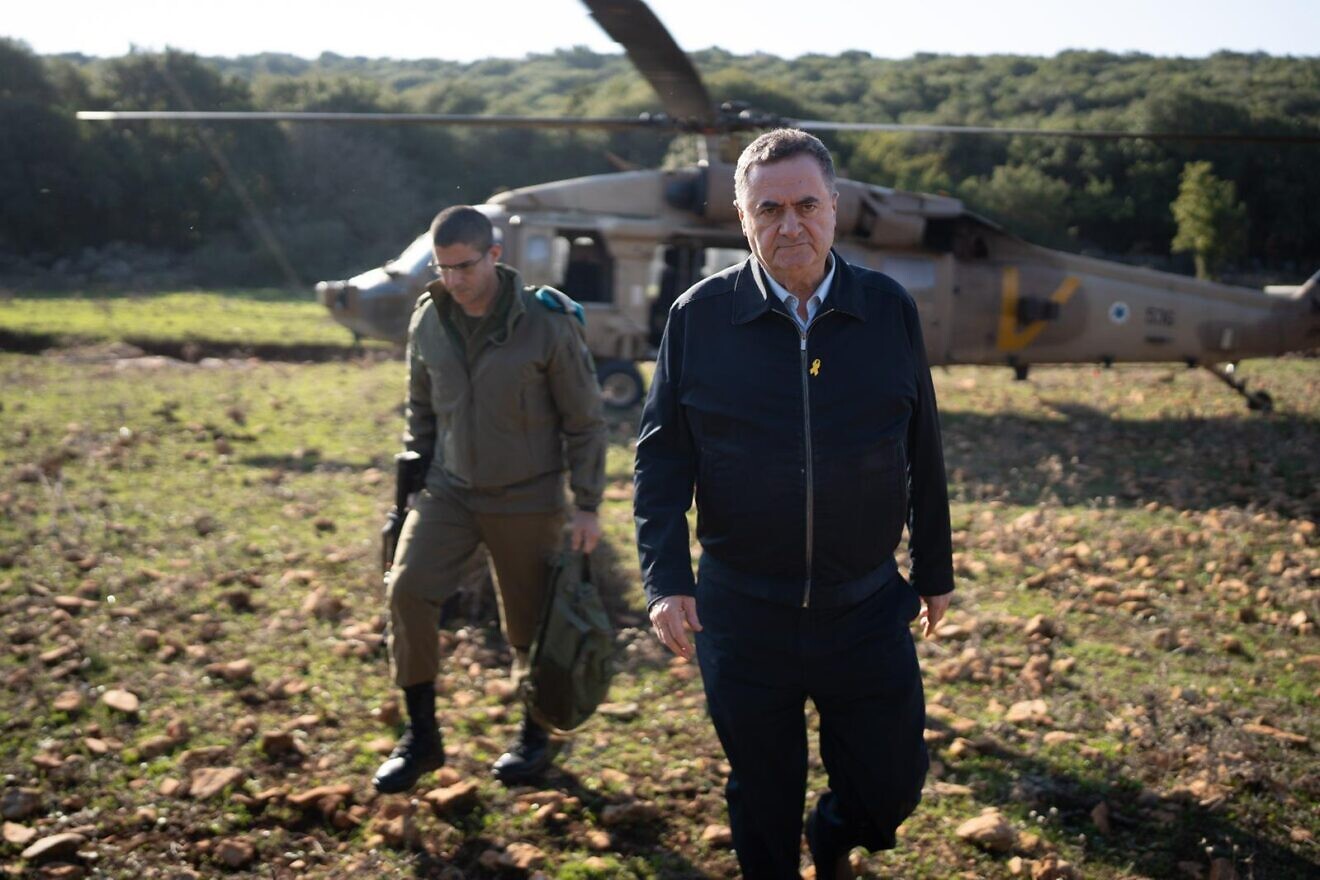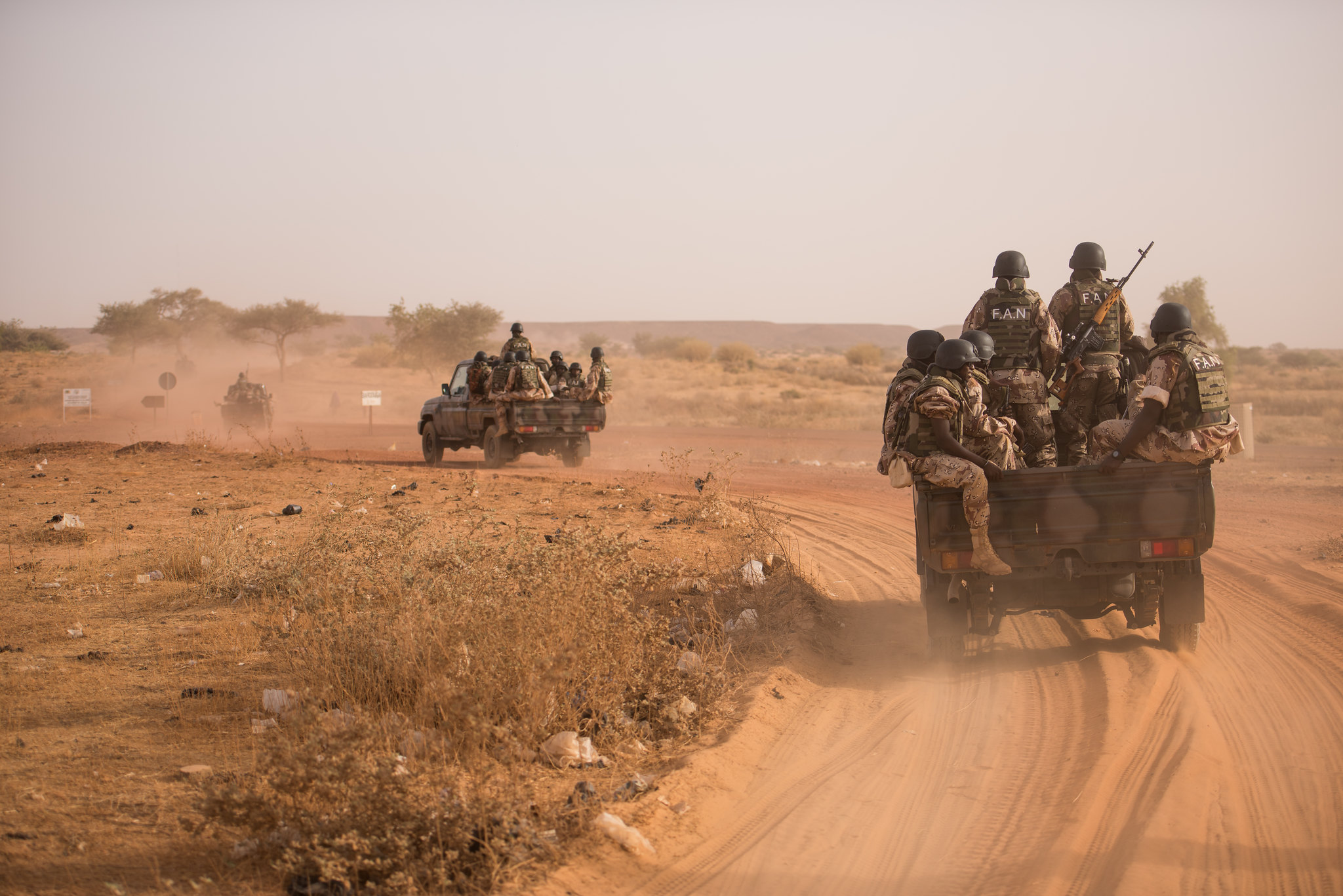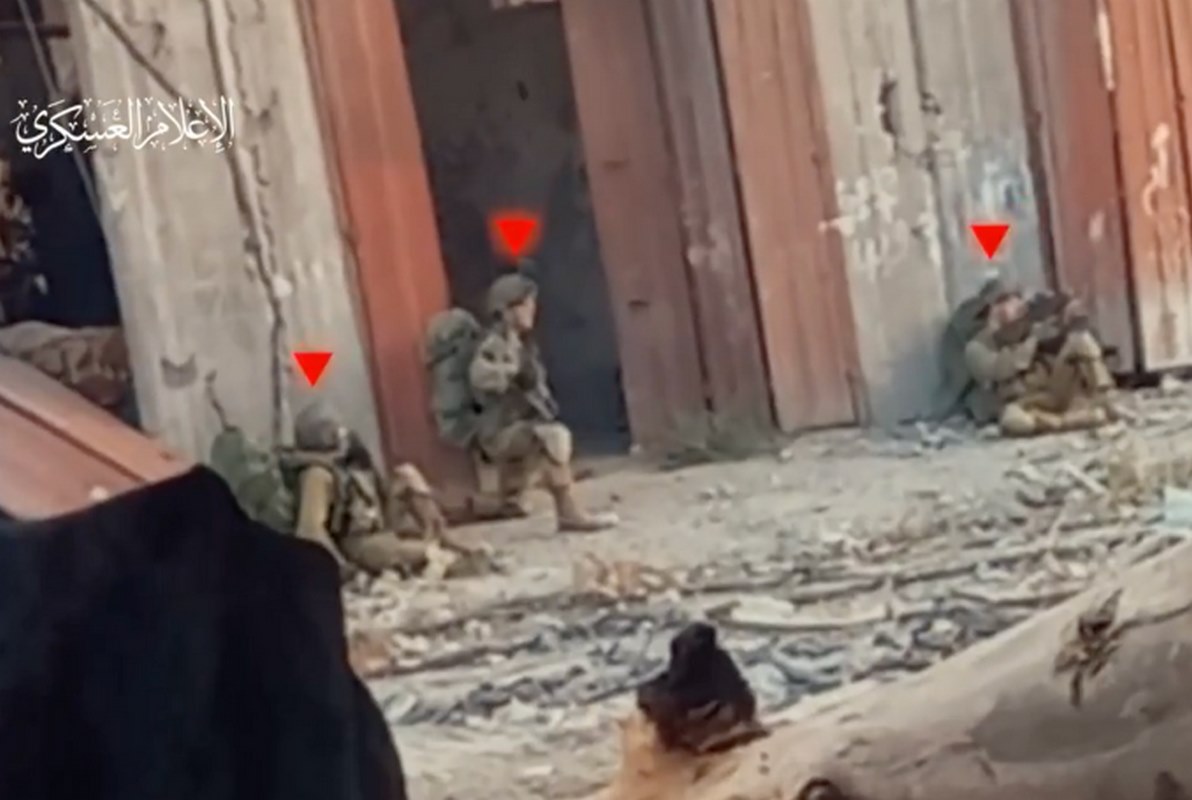The International Court of Justice has decided it has jurisdiction to rule on the provisional measures submitted by South Africa in its case against the state of Israel for the crime of genocide, and further, granted all of South Africa’s provisional measures submitted in its case on January 11th.
“By 15 votes to 2, the state of Israel shall, under its commitments to the [Genocide Convention…] in relation to the Palestinians in gaza, take all measures within its powers,” read President of the ICJ, Judge Joan Donoghue, before listing contents of article 2 of the Genocide Convention, which includes inflicting the death, maiming, psychological terror, displacement, and other acts with the intent to “destroy the whole or part of the group,” and to ensure that its military refrains from all such acts.
By 16 votes to 1, Donoghue continued the state of Israel shall prevent or punish anyone found inciting genocide against the Palestinians in Gaza, and to ensure the provision of urgently needed, basic services and humanitarian assistance to Palestinians living in the Gaza Strip.
By 15 votes to 2, the President concluded, the State of Israel is ordered to preserve all material evidence relevant to investigations as to future decisions about whether a genocide has taken place in Gaza, and that a report on the progress of the implementation of these provisional measures is provided to the court within 30 days.
In a statement released minutes ago, the Palestinian foreign ministry said it welcomed the ICJ’s orders, calling them an “important reminder” that no state is above the law.
Critically, the provisional measures stopped short of delivering an order for a ceasefire.
Judge Donoghue, after announcing that the court had decided it does hold jurisdiction to rule on the matter, read that the court took note of the “dehumanizing” language used by several holders of office in Israel, particularly of Defense Minister Yoav Gallant in ordering a “complete siege” of Gaza and telling troops that they are fighting against “human animals”.
Donoghue also said the court notes that the military operation conducted by Israel has resulted in a large number of deaths and injuries, as well as massive destruction of homes, the forcible displacement of the vast majority of the population, and extensive damage to civilian infrastructure.
The ruling concluded just before 2:00 p.m. UTC,
Israel was not found guilty of genocide, as that was not the case South Africa had presented. Instead, the South African team made a request for ‘provisional measures’ which in this case saw the court hear arguments and then release an expedient judgment on acts to be taken immediately.
The measures were, chiefly, for Israel to comply with its obligations under the Genocide Convention, and the argument for this was two-dimensional.
First, as WaL reported at the time, South Africa sought to characterize the nature of the violent deaths of 1% of the population of Gaza, the manner in which it occurred, and the conditions surrounding the further hundreds of thousands in danger. Second, they sought to characterize the rhetoric and intent of Israel’s military commanders and political leaders as genocidal, and that this intent was clearly understood by the soldiers.
In essence, their argument was that genocide was only just beginning, and that Israel couldn’t prove that it was not a genocide.
The South African government called the ruling a “decisive victory” for the international rule of law, and reiterated their support for the Palestinians. WaL
PICTURED ABOVE: View of the courtroom at the opening of ICJ hearings in the case Timor-Leste v. Australia. PC: UN/ICJ – released for informative material.



